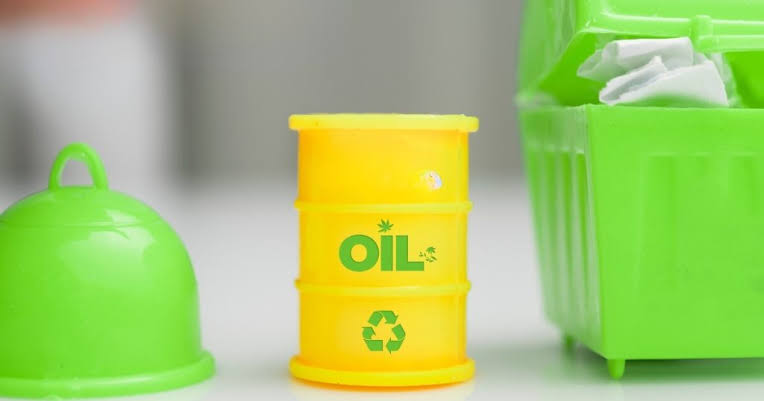- info@greenoilrecyclers.co.uk
- 020 3355 3755
Blog

Oil Recycling Regulations and Compliance Requirements In The UK
As a responsible oil recycling company in the UK, it is essential to understand and comply with the various regulations and laws governing oil recycling. These regulations aim to ensure that used oil is managed and disposed of in an environmentally responsible manner, minimizing its impact on the environment and human health.
Overview of UK Oil Recycling Regulations
In the UK, oil recycling is regulated by a combination of European Union (EU) and national laws. The key regulations governing oil recycling in the UK include:
- The Waste Framework Directive (2008/98/EC): This EU directive sets out the framework for waste management in the EU, including the recycling of used oil.
- The Environmental Protection Act 1990: This Act provides the framework for waste management in the UK, including the regulation of used oil.
- The Waste and Emissions Trading Act 2003: This Act introduced the concept of waste management licensing and regulation in the UK.
- The Hazardous Waste Regulations 2005: These regulations govern the management and disposal of hazardous waste, including used oil.
- The Environmental Permitting Regulations 2010: These regulations govern the permitting and regulation of industrial activities, including oil recycling.
Key Compliance Requirements
To comply with UK oil recycling regulations, oil recycling companies must adhere to the following key requirements:
- Waste Management Licensing: Oil recycling companies must obtain a waste management license from the Environment Agency (EA) or the Scottish Environment Protection Agency (SEPA) in Scotland.
- Environmental Permitting: Oil recycling companies must obtain an environmental permit from the EA or SEPA, which sets out the conditions under which the company can operate.
- Used Oil Classification: Used oil must be classified as hazardous waste, and oil recycling companies must ensure that it is handled, stored, and transported accordingly.
- Storage and Handling: Oil recycling companies must ensure that used oil is stored and handled in a manner that prevents leakage, spillage, and contamination.
- Transportation: Used oil must be transported in accordance with the Carriage of Dangerous Goods and Use of Transportable Pressure Equipment Regulations 2009.
- Record Keeping: Oil recycling companies must maintain accurate records of used oil collection, storage, transportation, and disposal.
- Training and Competence: Oil recycling company personnel must receive training and demonstrate competence in the handling, storage, and transportation of used oil.
Consequences of Non-Compliance
Failure to comply with UK oil recycling regulations can result in significant consequences, including:
- Fines and Penalties: Non-compliant companies may face fines and penalties, which can be substantial.
- Prosecution: In severe cases, non-compliant companies may face prosecution, which can result in imprisonment and/or fines.
- Loss of License: Non-compliant companies may have their waste management license or environmental permit revoked.
- Reputation Damage: Non-compliance can damage a company’s reputation and erode customer trust.
Oil recycling regulations in the UK are in place to ensure that used oil is managed and disposed of in an environmentally responsible manner. As a responsible oil recycling company in the UK, it is essential to understand and comply with these regulations to avoid significant consequences. By prioritizing compliance and adopting best practices, oil recycling companies can minimize their environmental impact, protect public health, and maintain a positive reputation.
GreenRecyclers
0